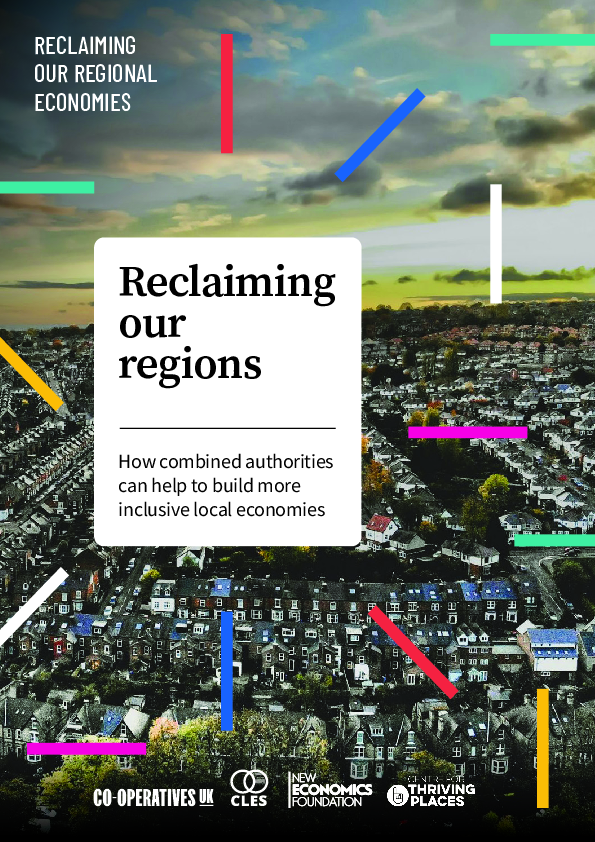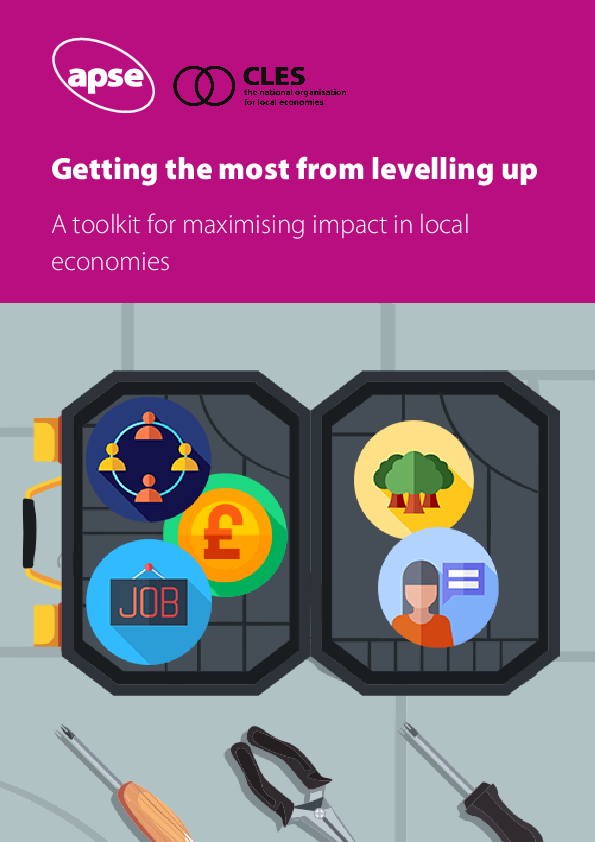
At the same time as the Levelling Up and Regeneration Bill made its second reading in Parliament on 8 June, another damming report on levelling up was being published – this time on the allocation of funding, by the Public Accounts Committee.
Like ships in the night, the rhetoric and reality of this policy agenda sail past each other once again, with the government seemingly unwilling to learn the lessons from past mistakes.
“the PAC report did not pull any punches”
The PAC report did not pull any punches: ministers decided the principles for awarding the funding only after they’d seen the applicants; there was no transparency about the location and type of unsuccessful bids; local councils’ time, capacity and precious resources have been wasted repeatedly as they’ve attempted to make sense of a kneejerk policy agenda directed from the centre. Despite the billions that have been spent, the government are still no closer to understanding what impact their money has had or indeed, what they should be spending future money on in order to address the regional inequality that marks the UK out as a considerable outlier amongst OECD countries.
“a degree level textbook for economic policy development”
The PAC’s recommendations read like a degree level textbook for economic policy development: be clear about what outcomes you are trying to achieve; develop some indicators so that you know your investment is working; consider the evidence about what can be learned from past efforts to deliver the desired outcomes. The fact that ministers and civil servants aren’t even getting to basecamp on some of these foundational questions shows a contempt for the communities who are supposed to be benefiting from this investment as well as a disregard for the accounting of public money. All £11bn of it.

















